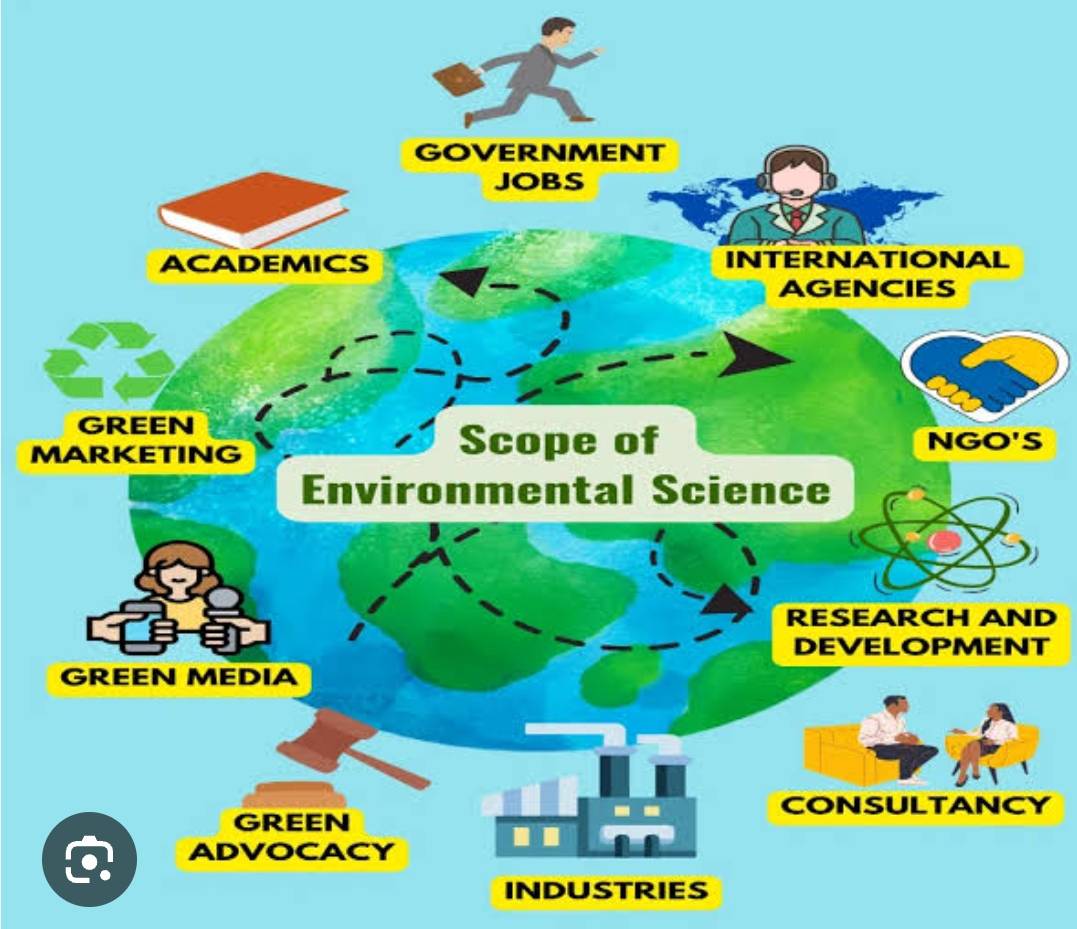The Importance of Environmental Science in the 21st Century
Environmental science is a multidisciplinary field that combines aspects of biology, chemistry, physics, and earth science to understand and address the various environmental challenges facing our planet. As global populations rise and industrialization continues to expand, the role of environmental science has never been more critical. The field investigates the impact of human activities on the environment and strives to find sustainable solutions for preserving natural resources for future generations.
Understanding Environmental Science
Environmental science is a broad and complex field that examines the interactions between living organisms and their surroundings, including both natural and man-made environments. The main objective of environmental science is to understand how natural systems function and how human actions alter these systems. This knowledge is essential for developing strategies to reduce pollution, conserve resources, and protect ecosystems.
Key Areas of Focus in Environmental Science
Climate Change
One of the most pressing issues in environmental science today is climate change. Rising global temperatures, melting ice caps, and more frequent extreme weather events are all consequences of human-induced climate change. Environmental scientists are working to understand the underlying causes, such as greenhouse gas emissions from burning fossil fuels, and to propose policies and technologies to mitigate its effects.
Biodiversity Conservation
Human activities have led to widespread habitat destruction, pollution, and overexploitation of resources, which have placed many species at risk of extinction. Environmental scientists study ecosystems to better understand the importance of biodiversity and how to protect endangered species. Conservation efforts aim to preserve critical habitats, restore ecosystems, and ensure that future generations can benefit from the natural world’s richness.
Pollution and Waste Management
Pollution, in the form of air, water, and soil contamination, is a direct result of industrial activities, agricultural practices, and urbanization. Environmental scientists work to identify sources of pollution, assess its impacts on human health and the environment, and develop methods for waste reduction, recycling, and pollution cleanup. Sustainable waste management practices are key to minimizing the environmental footprint of human activities.
Renewable Energy
As fossil fuel reserves deplete and the environmental cost of non-renewable energy sources becomes more evident, there has been a strong push for the development and adoption of renewable energy sources. Environmental scientists play a crucial role in researching alternative energy sources, such as solar, wind, and hydroelectric power, which can reduce dependence on carbon-based fuels and reduce the impact of energy production on the environment.
Water Resource Management
Water is one of the planet's most precious resources, yet it is often overused or polluted. The study of water cycles, water quality, and sustainable water management is a key aspect of environmental science. Ensuring that clean, accessible water is available for communities and ecosystems is a vital task for environmental scientists, especially in regions facing water scarcity.
The Role of Environmental Scientists
Environmental scientists are involved in various activities that contribute to the understanding and protection of the environment. Their work includes field research, data collection, environmental impact assessments, and policy recommendations. They work in diverse fields, such as government agencies, non-profit organizations, research institutions, and private industries. They may also collaborate with policymakers to create laws and regulations that protect the environment and promote sustainable practices.
The Future of Environmental Science
The future of environmental science is one of innovation and global collaboration. With emerging technologies, such as artificial intelligence, big data, and remote sensing, environmental scientists have more tools than ever to monitor and understand environmental changes. However, the growing urgency of environmental problems means that solutions need to be implemented quickly and effectively. The work of environmental scientists is critical in ensuring a sustainable future for our planet.
In the coming decades, the challenges of climate change, resource depletion, and biodiversity loss will require global cooperation and rapid action. Environmental science will continue to provide the knowledge and solutions necessary to navigate these challenges and ensure a healthier, more sustainable world for future generations.
Conclusion
Environmental science is at the forefront of tackling some of the most critical issues of our time. Through research, innovation, and collaboration, environmental scientists are working to protect the planet’s ecosystems and natural resources, ensuring that the world remains habitable for both humans and wildlife. As we move further into the 21st century, the importance of environmental science will only continue to grow, making it one of the most essential fields for the well-being of our planet.




No comments yet
Be the first to share your thoughts!